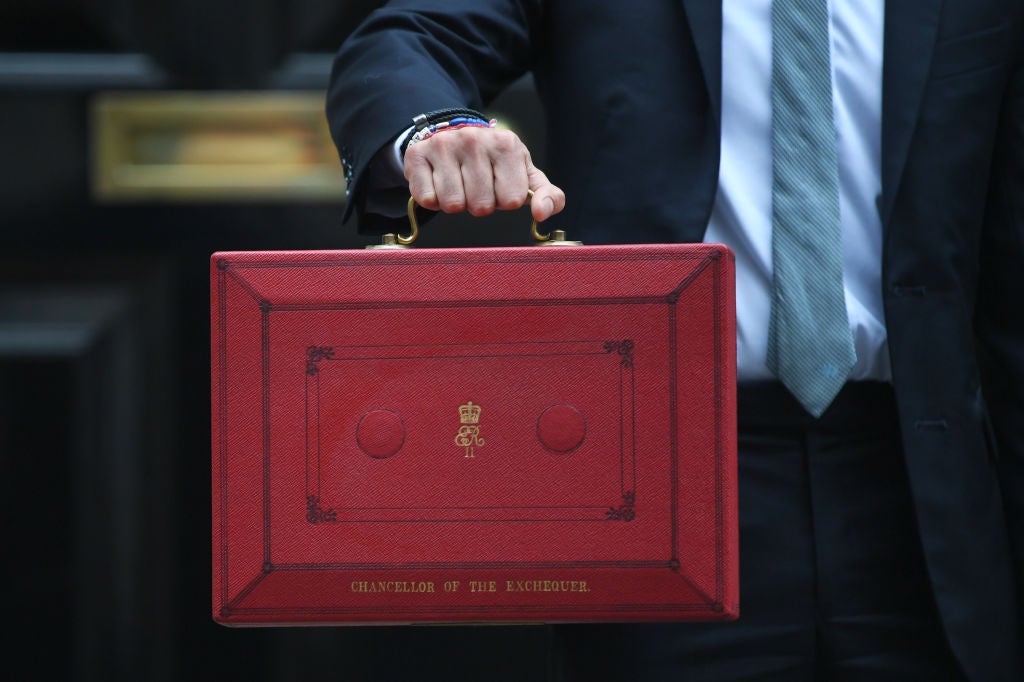
The race to succeed Boris Johnson as UK prime minister is well under way. A total of 11 Conservative MPs are now vying for their party’s leadership, with a record number of candidates from minority ethnic backgrounds.
That diversity is less evident in the candidates’ policy offerings. Some might place greater emphasis on their personal integrity, others on their culturally conservative credentials, but all are agreed on the need for one thing – tax cuts.
Foreign Secretary Liz Truss, former Chancellor of the Exchequer Sajid Javid and former Foreign Secretary Jeremy Hunt have pledged cuts worth an estimated £18bn, £49bn and £39bn per year, respectively.
Javid’s and Hunt’s plans include cutting corporation tax from 19% to 15%, abandoning a planned rise to 25% due in April. Tax experts have pointed out that a cut to 15% would risk putting the UK’s effective corporate tax rate under the OECD’s minimum rate. Under OECD rules, foreign governments would be allowed to collect the difference – nullifying any incentives for greater investment into the UK.
Only Rishi Sunak, the current front runner and former Chancellor, has warned that the policies currently on offer may not be sustainable, describing them as “comforting fairy tales”.
Indeed, Sunak’s resignation last week came shortly after Johnson announced his own plans for major tax cuts, a last-ditch effort to shore up his support among the public. “Our people know that if something is too good to be true then it’s not true,” Sunak wrote in his resignation letter. “In preparation for our joint proposed speech on the economy next week, it has become clear to me that our approaches are fundamentally too different.”

US Tariffs are shifting - will you react or anticipate?
Don’t let policy changes catch you off guard. Stay proactive with real-time data and expert analysis.
By GlobalDataReasons to be cheerful in the UK economy?
Fittingly, the race for the Tory leadership began on the same day that the UK’s fiscal watchdog, the Office for Budget Responsibility (OBR), released its inaugural Fiscal Risks and Sustainability Report. Although widely reported as a dark prophecy of fiscal collapse, the report was in fact relatively optimistic.
First, demographic pressures over the coming 50 years are now thought to pose far less of a threat to the UK’s finances than previously thought. A fall in birth rates and a slowdown in life expectancy improvement has significantly reduced the expected dependency ratio, the ratio between people of working age and those reliant on social support.
Second, tax hikes implemented by Sunak since the Covid-19 pandemic, including increases to national insurance and corporation tax, have drastically shifted the UK’s budgetary balance over the next few years. The report estimates that by 2026–27 these measures will increase annual government revenue by about 3%, equivalent to 1.1% of GDP. Inflation is also expected to help the UK manage its debt, reducing real interest rates by an estimated 0.6 percentage points over the medium term.
The net result has been a significant improvement in the UK’s medium-term fiscal position since the OBR’s 2018 report, with the country’s forecast average deficit from 2022 to 2040 falling from 2.2% of GDP to just 0.6%.
The report’s most terrifying and widely reported projections, such as an increase in debt to 320% of GDP in 50 years, are also its least interesting. Those estimates assume not only a worst-case scenario in terms of geopolitical and other risks but also that successive UK governments fail to increase taxes for half a century.
The real value of such projections is to estimate the kind of tax increases or spending cuts necessary to keep debt at a sustainable level, which the OBR sets arbitrarily at 75% of GDP. Such a path would require savings equivalent to 1.5% to be made over the course of each decade. That might sound like a lot, but it is only slightly more than the impact of Sunak’s post-pandemic tax increases (1.1% of GDP) and is spread out over ten years.
Crucially, the report offers no justification for a return to the kind of bonfire of public services seen in the aftermath of the financial crisis. The cumulative savings needed over the 50 years studied is 7.4% of GDP, significantly less than the 8.8% saved in just one decade of austerity.
The UK and the risk of disruption
The OBR’s report paints a picture not of a country on the verge of bankruptcy through government profligacy but one in which demand for government services is set to increase unpredictably and inexorably. Demographic factors are at play, but so too are more unpredictable elements – geopolitical risks, fluctuating energy prices and climate change.
Minimising the risk of disruption from these factors, the OBR is at pains to point out, is likely to require significant government spending – most notably in the form of defence spending and investment in clean energy systems. When such risks do materialise, emergency spending is also likely to be unavoidable, as governments around the world learnt during the Covid-19 pandemic.
The implication, then, is that taxes will need to go up. Driving home the message, OBR chief of staff Andy King explicitly warned against the notion that tax cuts can be revenue-neutral. “Tax cuts don’t pay for themselves and would not improve the long-term financial position,” he said. “In every case I can think of, when we look at tax cuts, the direct fiscal cost of cutting that tax outweighs the indirect fiscal benefit of improved economic activity.”
Ever since 2008, Conservative politicians have made hay over Labour’s reluctance to cut public spending, posturing as the responsible defenders of economic probity against a return to 1970s-style inflation. In an era in which ever-growing risks demand ever-increasing government expenditure, it is the Conservatives’ aversion to taxes that seems anachronistic and inflationary.



